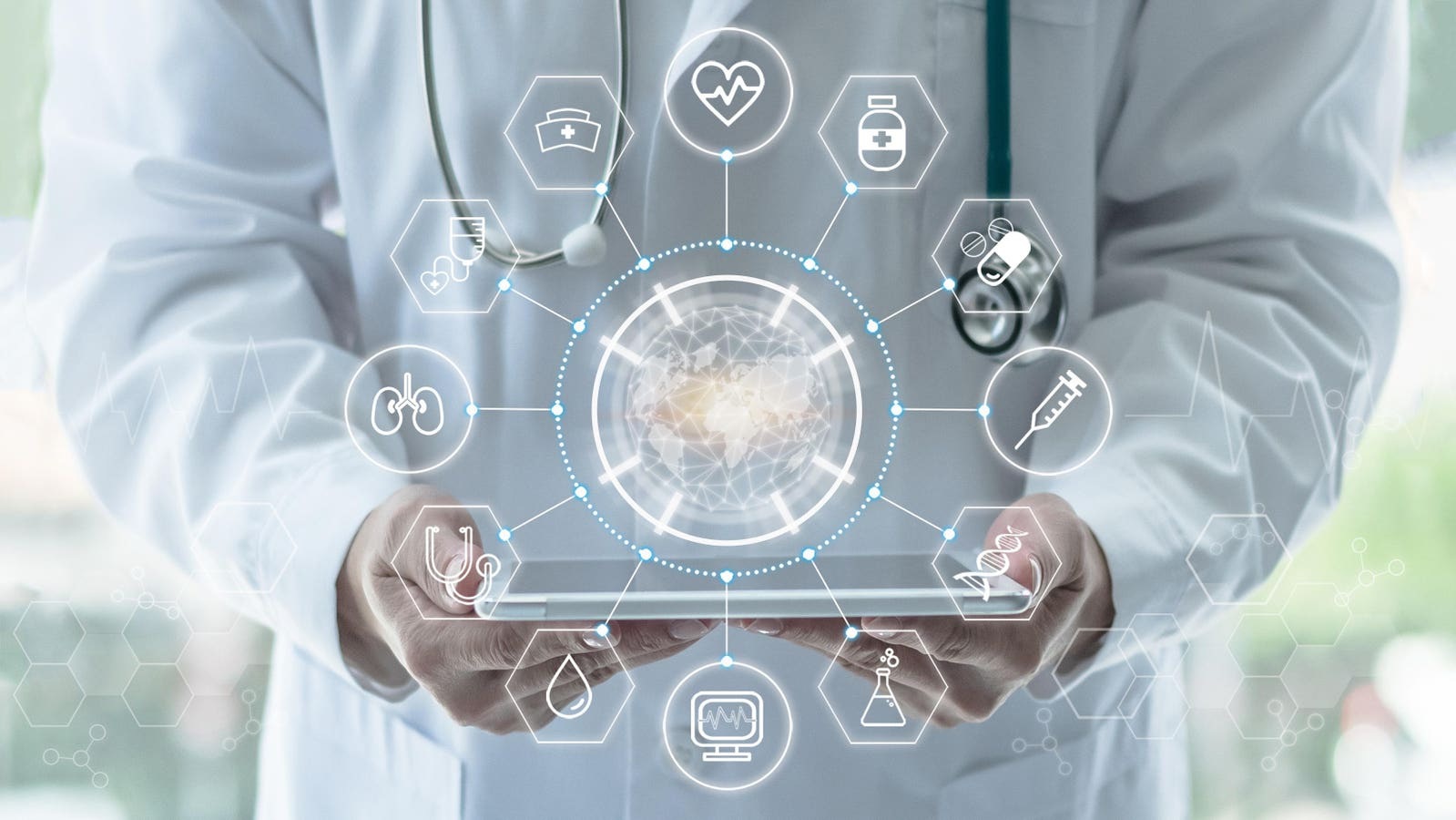
@ShahidNShah


In the exploration of driving change in healthcare, various models have emerged over the years. From research and publications to financial incentives and social movements, each method presents its own set of opportunities and risks. Leadership, corporate mergers, and political influence also play pivotal roles in shaping healthcare reform. Additionally, innovations in device and pharmaceutical technologies, along with the evolution of care delivery sites, contribute to transforming the industry. Education remains fundamental, ensuring clinicians stay abreast of advancements. Recognizing the multifaceted nature of change, it's imperative to employ a combination of approaches to effectively address the complexities within healthcare, fostering a comprehensive and sustainable transformation.
In examining strategies to drive change in healthcare, diverse models emerge, including research, financial incentives, social movements, and leadership initiatives. Corporate mergers, political influences, and shifts in care delivery sites also shape the landscape. Innovations in device and pharmaceutical technologies alongside ongoing education for clinicians further fuel transformation. Acknowledging the multifaceted nature of change, a holistic approach, blending various methods, is essential. Healthcare's evolution demands nuanced strategies to address its complexities effectively, fostering a comprehensive and sustainable transformation for the industry's betterment.
Continue reading at forbes.com
In recent years, natural language processing (NLP) has shown potential in decoding complex medical language for various healthcare applications. However, challenges persist in extracting structured …
Connecting innovation decision makers to authoritative information, institutions, people and insights.
Medigy accurately delivers healthcare and technology information, news and insight from around the world.
Medigy surfaces the world's best crowdsourced health tech offerings with social interactions and peer reviews.
© 2025 Netspective Foundation, Inc. All Rights Reserved.
Built on Apr 30, 2025 at 4:13am